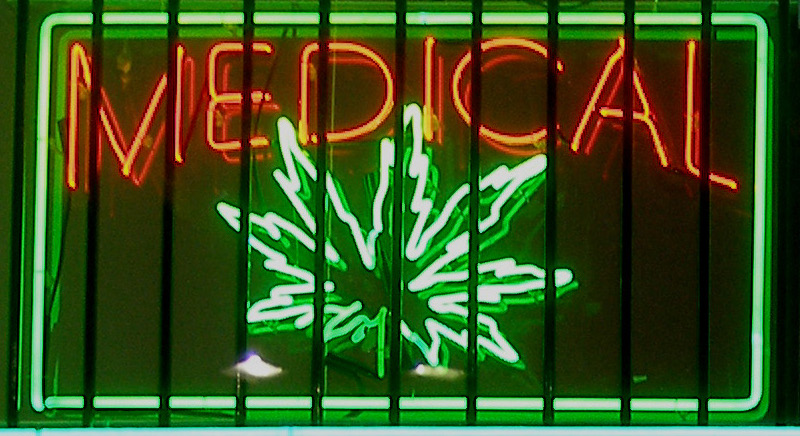The Sneaky Reason Federal Studies Into Marijuana Are off Base

By:
The federal government grows and distributes some really weak weed for research purposes, according to a recent study published in Science Magazine. That's more problematic than it might seem.
 Stocksy/Mihael Blikshteyn - stocksy.com
Stocksy/Mihael Blikshteyn - stocksy.com
Ever since the government banned cannabis in 1970, a federally funded farm at the University of Mississippi has had exclusive rights to cultivate cannabis for research purposes. If you receive a federal grant to conduct studies on the marijuana plant, your samples must come from that farm. However, researchers from the University of Colorado found that the chemical composition of the government's pot is totally inconsistent with the stuff being grow and sold in legal states.
For one, the levels of THC — the main psychoactive ingredient — differ dramatically. There's less THC in the government's cannabis than the least potent strains available in legal dispensaries. (On average, there's 18 percent THC in strains from dispensaries; the government's cannabis has about two to four percent THC).
 Wikimedia - wikimedia.org
Wikimedia - wikimedia.org
The other problem is that there's less chemical diversity in the government-grown product. There are 480 naturally occurring components in cannabis, and studies show that these ingredients can be more effective from a medical standpoint when they work together — a phenomenon called the "entourage effect." But the government's cannabis is basically "one set of strains that has almost no cannabinoids and all that they have is just a small amount of THC," Dr. Nolan Kane, a plant geneticist at the University of Colorado who authored the study, told ATTN:.
"[The government's cannabis is] very, very different than anything that would ever be sold in any of state legal markets in the U.S. or any other country," Kane said. "It's a strange situation where really it's an apples to oranges thing where they're trying to compare one thing to another, and the two things are really almost entirely different in terms of the chemicals that they have, which is relevant to this kind of research."
 Wikimedia - wikimedia.org
Wikimedia - wikimedia.org
That's an issue when you consider the fact that the Food and Drug Administration, which earlier this year assessed the existing scientific research into marijuana's therapeutic potential, has relied exclusively on federally funded studies into cannabis. While numerous, independent studies have determined that marijuana has wide-ranging medical properties, the FDA concluded that it has none.
Kane said it's possible that the FDA's reliance on studies that looked at the government's cannabis strains could have influenced their decision. It also calls into question the legitimacy of federal studies on marijuana's health benefits in general and, therefore, could explain the conflicts in study findings from independent and federal researchers.
In a statement to ATTN:, the FDA clarified that its evaluation process involves reviewing abstracts of studies conducted outside of the government's Compassionate Investigational New Drug Program. Here's the full statement:
"[A]s a part of providing the most recent recommendation to the DEA about marijuana, the FDA conducted a systematic review of the available scientific information about the use of marijuana in the public scientific literature. More than 500 study abstracts were reviewed, with a particularly thorough analysis of those studies that were designed as randomized and well-controlled clinical trials. This includes studies that were not conducted under an Investigational New Drug Application, as well as studies conducted outside the U.S."
UPDATE 11/16 10:02 a.m. PST: This story has been updated to include comments from the FDA.
